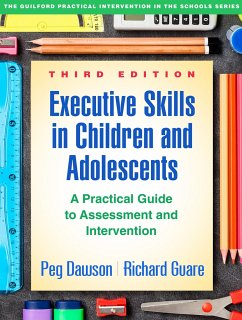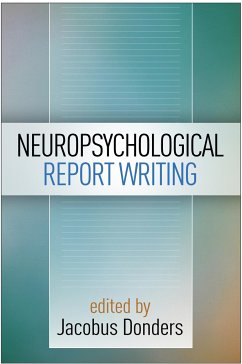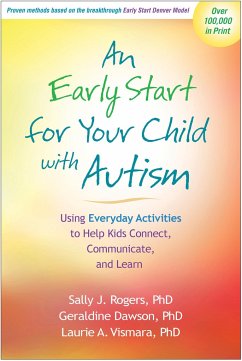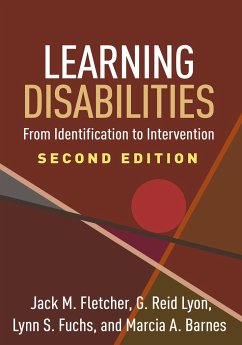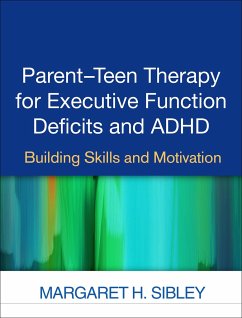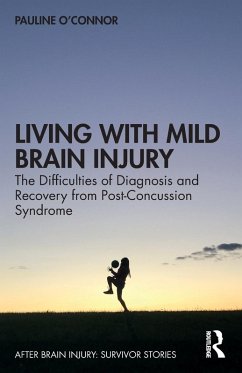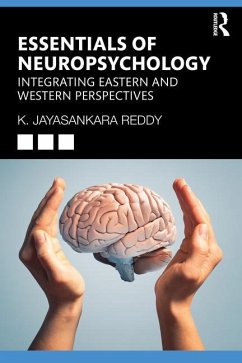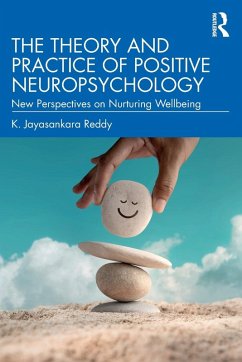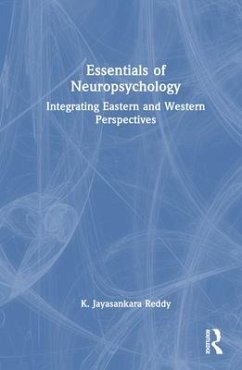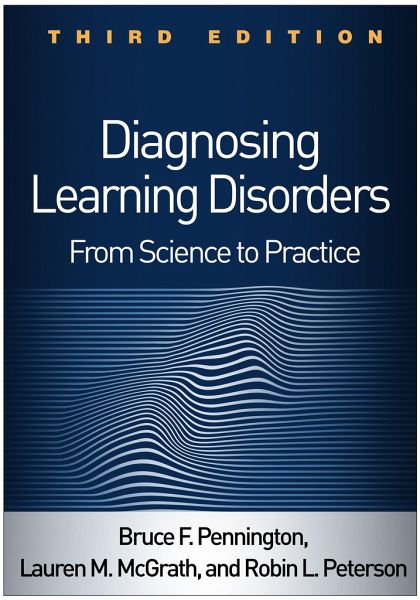
Bruce F. PenningtonLauren M. McGrath (United States University of Denver)Robin L. Peterson (Children's Hospital Colorado and University of C
Broschiertes Buch
Diagnosing Learning Disorders
From Science to Practice
Versandkostenfrei!
Versandfertig in 2-4 Wochen

PAYBACK Punkte
29 °P sammeln!




A definitive reference--now extensively revised with 70% new material--this book presents cutting-edge knowledge on how learning disorders develop and how to diagnose and treat them effectively.
Bruce F. Pennington, PhD, is Distinguished University Professor Emeritus in the Department of Psychology at the University of Denver. He has conducted extensive research on learning disorders and their comorbidity, using genetic and neuropsychological methods. Dr. Pennington is a recipient of Research Scientist, MERIT, and Fogarty awards from the National Institutes of Health; the Samuel T. Orton Award from the International Dyslexia Association; and the Emanuel Miller Memorial Lecture from the British Association for Child and Adolescent Mental Health. Lauren M. McGrath, PhD, is Assistant Professor in the Department of Psychology at the University of Denver. Her expertise is in child clinical psychology, developmental neuropsychology, and psychiatric and behavioral genetics. Dr. McGrath's research focuses on children with learning disabilities along two main themes: comorbidity between learning and behavioral disorders, and genetic risk factors and gene-environment interactions. Robin L. Peterson, PhD, ABPP, is a pediatric neuropsychologist and Assistant Clinical Professor at Children's Hospital Colorado/University of Colorado School of Medicine. She has clinical and research interests in learning disorders, pediatric traumatic brain injury (including concussion), and spina bifida. Dr. Peterson is board certified in clinical neuropsychology.
Produktdetails
- Verlag: Guilford Publications
- 3 ed
- Seitenzahl: 399
- Erscheinungstermin: 29. November 2020
- Englisch
- Abmessung: 251mm x 175mm x 23mm
- Gewicht: 714g
- ISBN-13: 9781462545940
- ISBN-10: 1462545947
- Artikelnr.: 59965696
Herstellerkennzeichnung
Libri GmbH
Europaallee 1
36244 Bad Hersfeld
gpsr@libri.de
Für dieses Produkt wurde noch keine Bewertung abgegeben. Wir würden uns sehr freuen, wenn du die erste Bewertung schreibst!
Eine Bewertung schreiben
Eine Bewertung schreiben
Andere Kunden interessierten sich für


